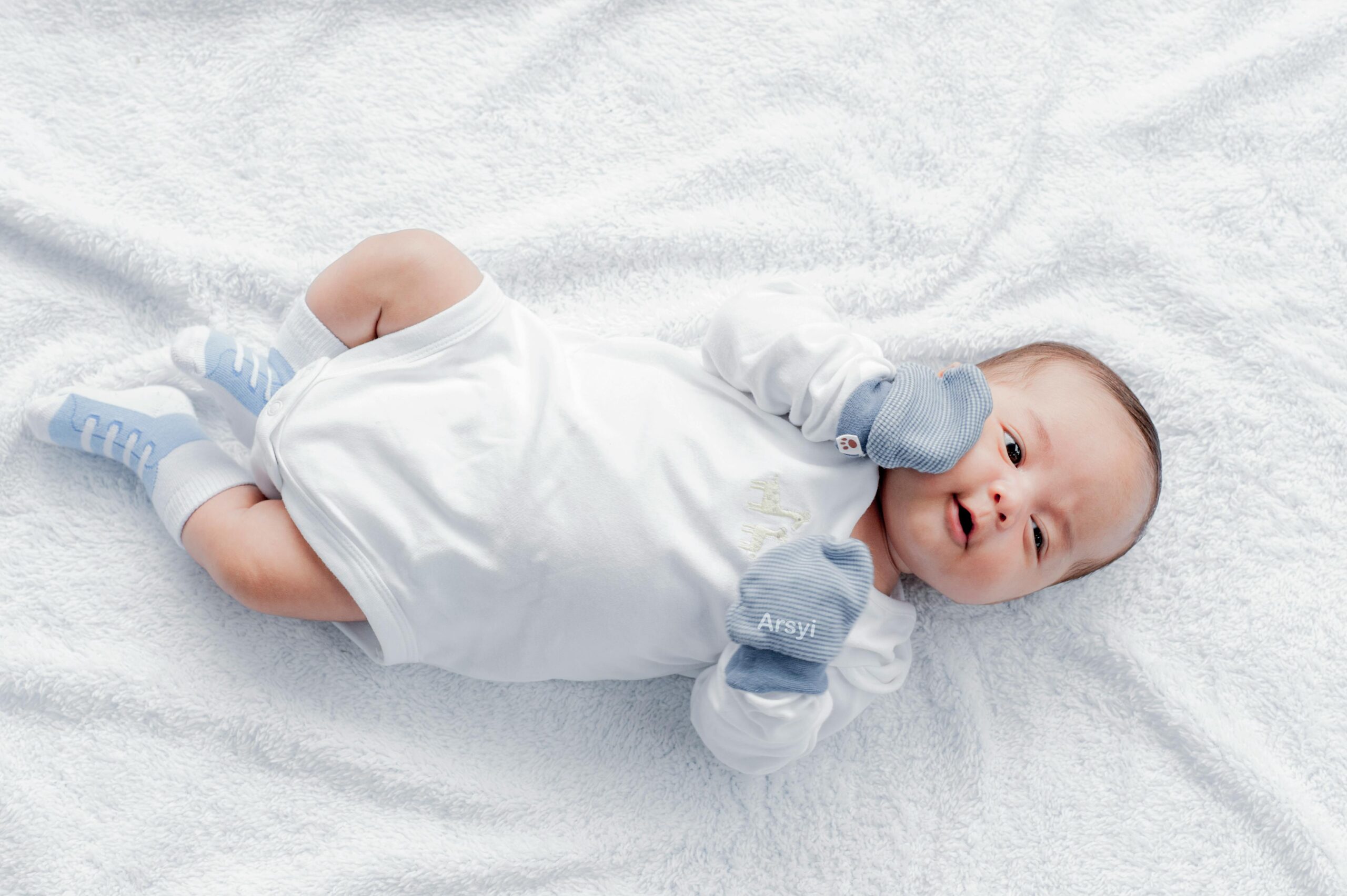Dentists regularly have to remove every single tooth from a child’s mouth – often owing to youngsters drinking too many sugary drinks.
Children as young as two are being sent to hospital with mouths full of cavities.
Dentists also blamed children’s toothpaste, which they said often has too little fluoride.
The bill for removing British children’s decayed teeth has reached £35million a year, according to figures published today – an increase of 61 per cent in the last five years.
More than 100 operations take place under anaesthetic every day to remove multiple decayed teeth in youngsters and teenagers. Decay is now the main reason five to nine-year-olds are hospitalised.
Claire Stevens, a consultant in paediatric dentistry in Manchester, said many procedures are to remove at least half of a child’s rotten teeth.
In some cases, every tooth has to be extracted. ‘I do a complete clearance of a child’s teeth about once every other week,’ she told the Daily Mail last night.
‘A few weeks ago we had to do this for a two-year-old, and even for an experienced team, we found this utterly shocking.’
Children as young as two are being sent to hospital with mouths full of cavities. Izzi Seccombe, LGA spokesman for community health, said: ‘Our children’s teeth are rotting because they are consuming too much food and drink high in sugar far too often. Nearly half of 11 to 15-year-olds have a sugary drink at least once a day’
The Local Government Association, which oversees children’s health, today publishes figures which show 40,970 under-18s had multiple teeth extracted in English hospitals in 2014/15, a 26 per cent increase on the 32,457 who underwent procedures in 2010/11. Of last year’s cases, more than 14,000 were for children of five and under.
Izzi Seccombe, LGA spokesman for community health, said: ‘Our children’s teeth are rotting because they are consuming too much food and drink high in sugar far too often. Nearly half of 11 to 15-year-olds have a sugary drink at least once a day.’
Under-tens get almost a fifth of their sugar from soft drinks and for 11 to 18-year-olds, that figure is nearly a third. Last month the Government agreed to tax sugary drinks, but not for two years.
For years, marketeers have told us that fruit juice and smoothies are healthy, but in recent years scientists have warned that the products are packed with sugar.
Mrs Stevens said parents need more guidance. ‘We should not have products which are high in sugar and marketed at children,’ she said. She also warned that many children’s toothpastes do not have enough fluoride and advised parents to just use adult toothpaste for their youngsters.
The NHS advises that children should brush twice daily with toothpaste containing at least 1,000ppm fluoride – but many children’s brands contain less. Kathryn Harley, a consultant in paediatric dentistry at the Eastman Dental Hospital, London, advised parents to supervise children brushing their teeth until the age of eight.
Dr Sandra White, the director of dental public health at Public Health England, said: ‘We can prevent tooth decay in our children by limiting sugary food and drink, making sure they brush twice a day with fluoride toothpaste, especially before bed, and taking them to the dentist regularly.’
Sara Hurley, chief dental officer at NHS England, added: ‘Local authorities can also play their part, including by using their licensing powers to restrict junk food outlets near schools.’
source: dailymail








